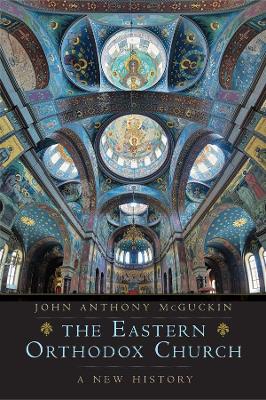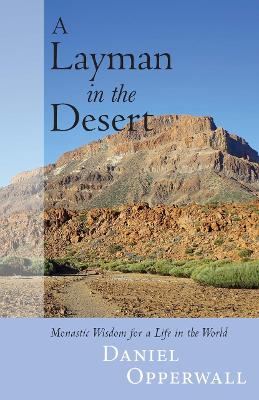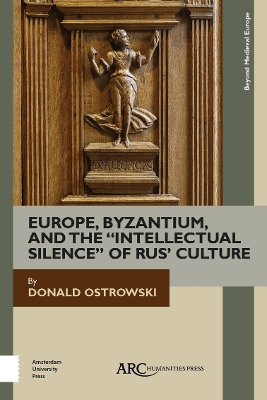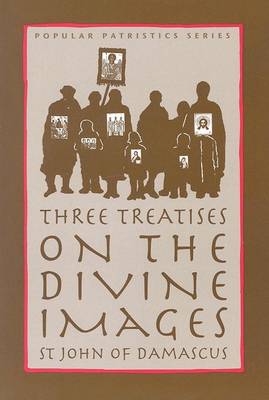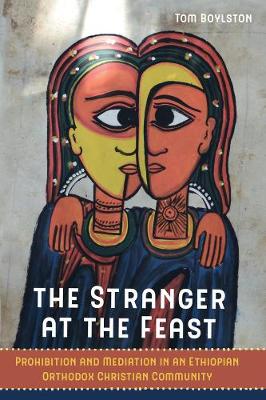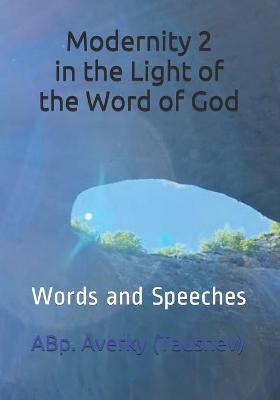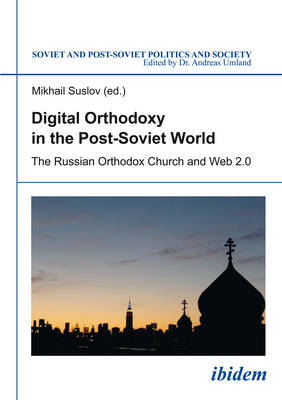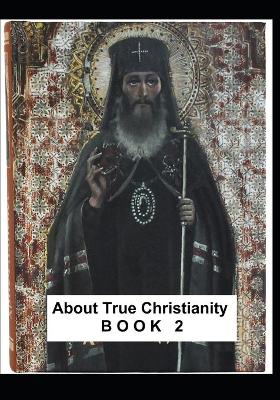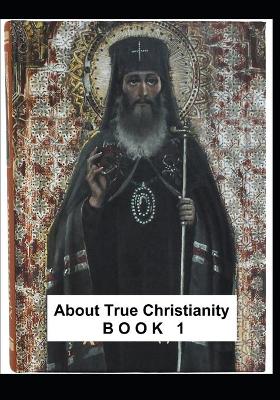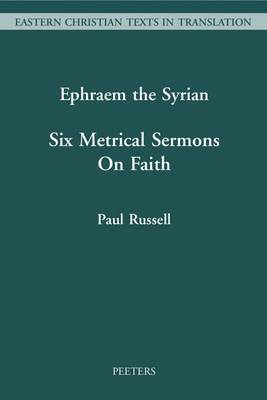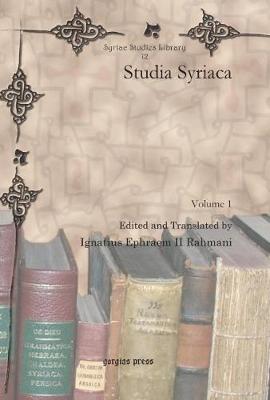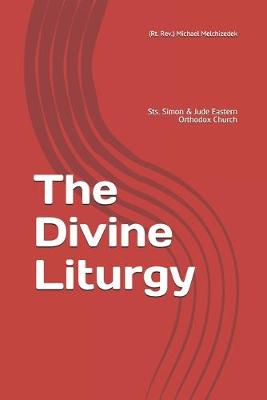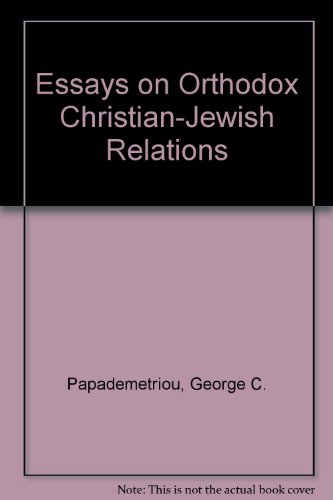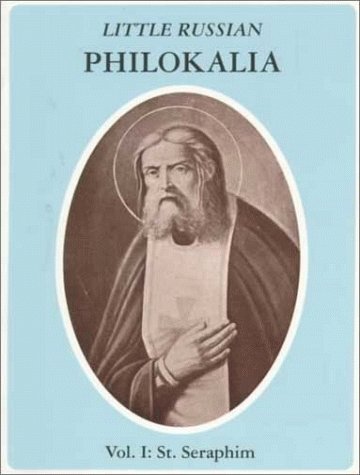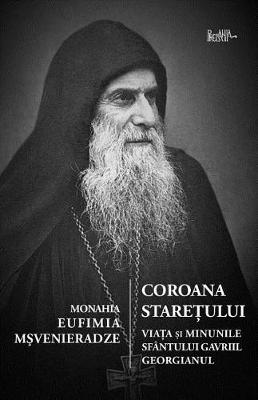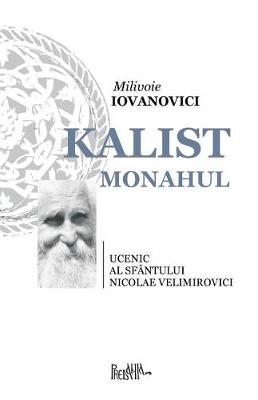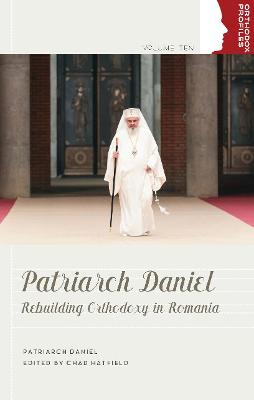"An engaging, sophisticated yet accessible, account of the Orthodox Church-its self-understanding, theology, sacramental life, and history. . . . One of the best introductions available."-John Behr, author of The Mystery of Christ An insider's account of the Eastern Orthodox Church, from its beginning in the era of Jesus and the Apostles to the modern age "Lucid. . . . Engrossing . . . [A] thorough history."-Publishers Weekly In this lively and intimate account of the Eastern Orthodox Church...
Orthodox Christians today have no lack of resources on monastic spirituality. And yet startlingly little has been done to critically engage the monastic tradition and adapt its ancient wisdom for the Orthodox faithful living in today's complex society. A Layman in the Desert aims to bridge this crucial gap. Working with the Conferences of St John Cassian, Opperwall constructs a kind of relationship handbook that shows us how the desert saints of old can help us build healthy, Christ-centered rel...
This book sets out to answer the question of why Eastern Church writers showed no interest in analytical reasoning - the so-called "intellectual silence" of Rus' culture - while Western Church writers, by the time of the Scholastics, routinely incorporated analytical reasoning into their defences of the faith. Donald Ostrowski suggests that Western, post-Enlightenment- trained, analytical scholars miss the point, not because of an inability to comprehend cultural ideas which seem abstract and in...
In AD 726, the Byzantine emperor ordered the destruction of all icons, or religious images, throughout the empire, and icons were subject to an imperial ban that was to last, with a brief remission, until AD 843. A defender of icons, St John of Damascus wrote three treatises against "those who attack the holy images." He differentiates between the veneration of icons, which is a matter of expressing honor, and idolatry, which is offering worship to something other than God.
The Stranger at the Feast (Anthropology of Christianity, #23)
by Tom Boylston
At publication date, a free ebook version of this title will be available through Luminos, University of California Press's Open Access publishing program. Visit www.luminosoa.org to learn more. The Stranger at the Feast is a pathbreaking ethnographic study of one of the world's oldest and least-understood religious traditions. Based on long-term ethnographic research on the Zege peninsula in northern Ethiopia, the author tells the story of how people have understood large-scale religious chang...
Modernity 2 in the Light of the Word of God (Modernity - Volumes, #2)
by Metr Averky (taushev) and Abp Averky (taushev)
This volume explores the relationship between new media and religion, focusing on the digital era's impact on the Russian Orthodox Church. A believer may now enter a virtual chapel, light a candle through drag-and-drop, send an online prayer request, or worship virtual icons and relics. In recent years, however, Church leaders and public figures have become increasingly skeptical about new media. The internet, some of them argue, breaches Russia's "spiritual sovereignty" and implants values and...
Ephraem the Syrian (Eastern Christian Texts in Translation, #4)
by P. Russell
The metrical sermon was an important theological and evangelical instrument among Christians of the Syriac-speaking tradition in the Late Antique period. Ephraem the Syrian (+ 373), the greatest of the writers of Syriac and the formative voice of that tradition, uses this medium to address many matters fundamental to his vision of christianity and of immediate concern to the Christians of his time and place. These six sermons contain interesting meditations on the nature of revelation in Scriptu...
Studia Syriaca (Vol 1-5)
Rahmani offers in these volumes a range of Syriac texts with Latin translation and brief commentary. The texts range from historical and hagiographical to liturgical and exegetical. The fifth volume presents (in Syriac only) Anton of Tagrit's work on rhetoric.
The Old Testament in Eastern Orthodox Tradition
by Tenured Professor of Old Testament and Hebrew Director of the Th M Program Eugen J Pentiuc
Few in the West realize that the second-largest Orthodox Church in the world is in Romania, and fewer still know the remarkable story of her recent past. After suffering the horrors of Communist persecution, the life of the Church is once again flourishing. But many complexities and difficulties had to be overcome in order to re-establish and strengthen Church life-not only in outward building projects but in fostering the inward spiritual growth of the faithful. At the center of all these impor...
